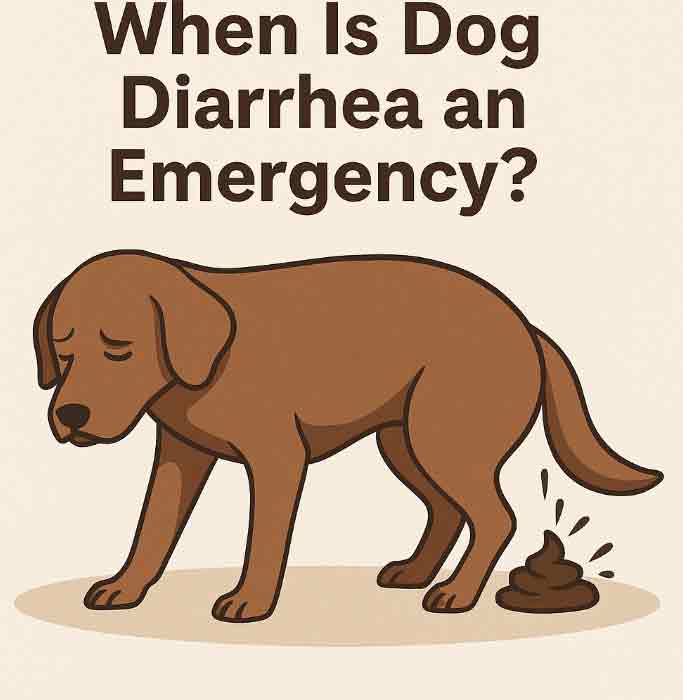Is Applesauce Good for Dogs?
Applesauce is a popular and delicious treat for humans, but dog owners often wonder if it is safe for their furry friends. The short answer is: yes, dogs can eat applesauce in moderation, but there are a few key things to consider before adding it to their diet. This article explores the nutritional benefits, potential risks, and best practices for feeding applesauce to dogs, ensuring your pup stays healthy and happy.
The Nutritional Benefits of Applesauce for Dogs
Applesauce is made from apples, which are packed with vitamins, minerals, and fiber. When given in the right amounts, applesauce can provide several health benefits to dogs:
1. Rich in Vitamins and Antioxidants
Apples are an excellent source of vitamin C, which helps boost the immune system. They also contain antioxidants that fight free radicals, supporting overall well-being.
2. Good Source of Fiber
Applesauce contains dietary fiber, which can help regulate digestion and prevent constipation in dogs. Fiber promotes gut health and can be especially useful for dogs with mild digestive issues.
3. Hydration Support
Because applesauce has a high water content, it can help keep dogs hydrated, especially on hot days. Some pet owners use unsweetened applesauce as a hydration-boosting snack.
4. Low in Fat
For dogs that need a low-fat diet, applesauce is a great option. It provides natural sweetness without adding unhealthy fats or oils.
Potential Risks of Feeding Applesauce to Dogs
While applesauce has benefits, not all applesauce is safe for dogs. Here are some potential risks to be aware of:
1. Added Sugars and Artificial Sweeteners
Many store-bought applesauce brands contain added sugar, corn syrup, or artificial sweeteners like xylitol—which is toxic to dogs. Even though natural sugar from apples is fine, excessive sugar intake can lead to obesity, diabetes, and dental problems.

2. Preservatives and Artificial Flavors
Some applesauce brands include preservatives, food colorings, or artificial flavors that may not be suitable for dogs. These additives can cause allergic reactions or digestive problems.

3. Overconsumption Can Cause Digestive Upset
While applesauce contains fiber, too much can lead to diarrhea, bloating, or an upset stomach.

4. Pesticides in Non-Organic Apples
Apples are often sprayed with pesticides. If applesauce is made from non-organic apples, it may contain pesticide residues.


How to Safely Feed Applesauce to Your Dog
If you want to give your dog applesauce, follow these simple guidelines:
 Choose the Right Type of Applesauce
Choose the Right Type of Applesauce
- Always pick unsweetened, organic applesauce without added sugar, xylitol, or artificial ingredients.
- Avoid brands that contain cinnamon, nutmeg, or other spices, as some can be harmful to dogs.
 Serve in Moderation
Serve in Moderation
- Applesauce should be an occasional treat, not a meal replacement.
- Recommended serving size:
- Small dogs: 1 teaspoon to 1 tablespoon
- Medium dogs: 1-2 tablespoons
- Large dogs: 2-3 tablespoons
 Introduce It Slowly
Introduce It Slowly
- Give your dog a small amount first to see how they react.
- If they show signs of an upset stomach (vomiting, diarrhea, gas), stop feeding it.
 Make Homemade Applesauce for Dogs
Make Homemade Applesauce for Dogs
For the healthiest option, make homemade applesauce using fresh apples:
Simple Dog-Friendly Applesauce Recipe

- 2-3 organic apples
- 1 cup of water

- Peel and core the apples (seeds and core can be toxic to dogs).
- Cut the apples into small chunks.
- Boil them in 1 cup of water until soft.
- Blend into a smooth puree.
- Let it cool and serve in small amounts.
This homemade version ensures no harmful additives and lets you control the texture.
Creative Ways to Serve Applesauce to Dogs
There are fun and healthy ways to include applesauce in your dog’s diet:




Frequently Asked Questions (FAQs)
1. Can puppies eat applesauce?
Yes, but in very small amounts. Puppies have sensitive stomachs, so introduce applesauce slowly.
2. Can dogs eat cinnamon applesauce?
It depends. Small amounts of cinnamon are safe, but some brands contain nutmeg, which is toxic to dogs. Always check the label.
3. Can diabetic dogs eat applesauce?
Diabetic dogs should avoid applesauce due to natural sugar content. Always consult a vet before giving new foods to a diabetic dog.
4. Can dogs eat applesauce with honey?
While honey is safe in small amounts, it adds extra sugar, which isn’t ideal. Stick to plain, unsweetened applesauce.
5. Can I mix applesauce with peanut butter for my dog?
Yes! Make sure the peanut butter is xylitol-free, and serve it in moderation.
Final Verdict: Is Applesauce Good for Dogs?
Yes, applesauce can be a healthy treat for dogs when given in moderation and with the right ingredients. It provides vitamins, fiber, and hydration, but pet owners must ensure they use unsweetened, organic applesauce to avoid harmful additives.
If you’re unsure whether applesauce is right for your dog, consult with your veterinarian for personalized advice.

Would you like more healthy treat ideas for your dog? Let us know in the comments below!








